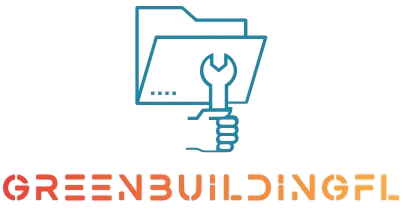The Role of Ethics in Project Management
Ethics play a crucial role in project management as they guide professionals in making principled decisions, maintaining integrity, and ensuring the delivery of successful and responsible projects. Here are some key aspects of ethics in project management:
- Stakeholder Trust: Ethical conduct helps project managers build trust and credibility with stakeholders. By acting with integrity, being transparent, and adhering to ethical standards, project managers can foster positive relationships with clients, team members, suppliers, and other stakeholders.
- Professional Responsibility: Project managers have a responsibility to uphold ethical standards in all aspects of their work. This includes respecting confidentiality, protecting sensitive information, and avoiding conflicts of interest. They should also be aware of the legal and regulatory requirements that pertain to their project and ensure compliance.
- Decision-Making: Ethical decision-making involves considering the potential impact of actions on stakeholders and the broader community. Project managers should evaluate decisions based on ethical principles, fairness, and the long-term consequences. They may need to balance conflicting interests while upholding their ethical responsibilities.
- Conflict Resolution: Projects often involve multiple stakeholders with diverse interests and perspectives. Ethical project managers address conflicts openly and fairly. They aim for equitable solutions that align with ethical values and fulfill project objectives while minimizing harm or negative impacts on stakeholders.
- Accountability and Responsibility: Ethical project managers take accountability for their actions and assume responsibility for their project’s outcomes. They openly communicate progress, risks, and challenges with stakeholders while actively seeking to prevent or rectify unethical conduct within the project team.
- Sustainability and Social Responsibility: Ethical project management entails considering the environmental, social, and economic impacts of a project. This involves incorporating sustainable practices, promoting diversity and inclusivity, and respecting cultural sensitivities. Ethical considerations extend beyond project completion and include the long-term effects on communities and the environment.
- Continuous Improvement: Ethical project managers embrace a culture of continuous learning and improvement. They stay informed about evolving ethical standards, engage in professional development, and foster ethical behavior within the project team by setting an example and promoting a positive ethical climate.
Adhering to ethical standards in project management not only mitigates risks but also leads to better project outcomes, stakeholder satisfaction, and organizational reputation. By integrating ethics into decision-making and project processes, project managers contribute to a more sustainable, responsible, and morally sound professional practice.



